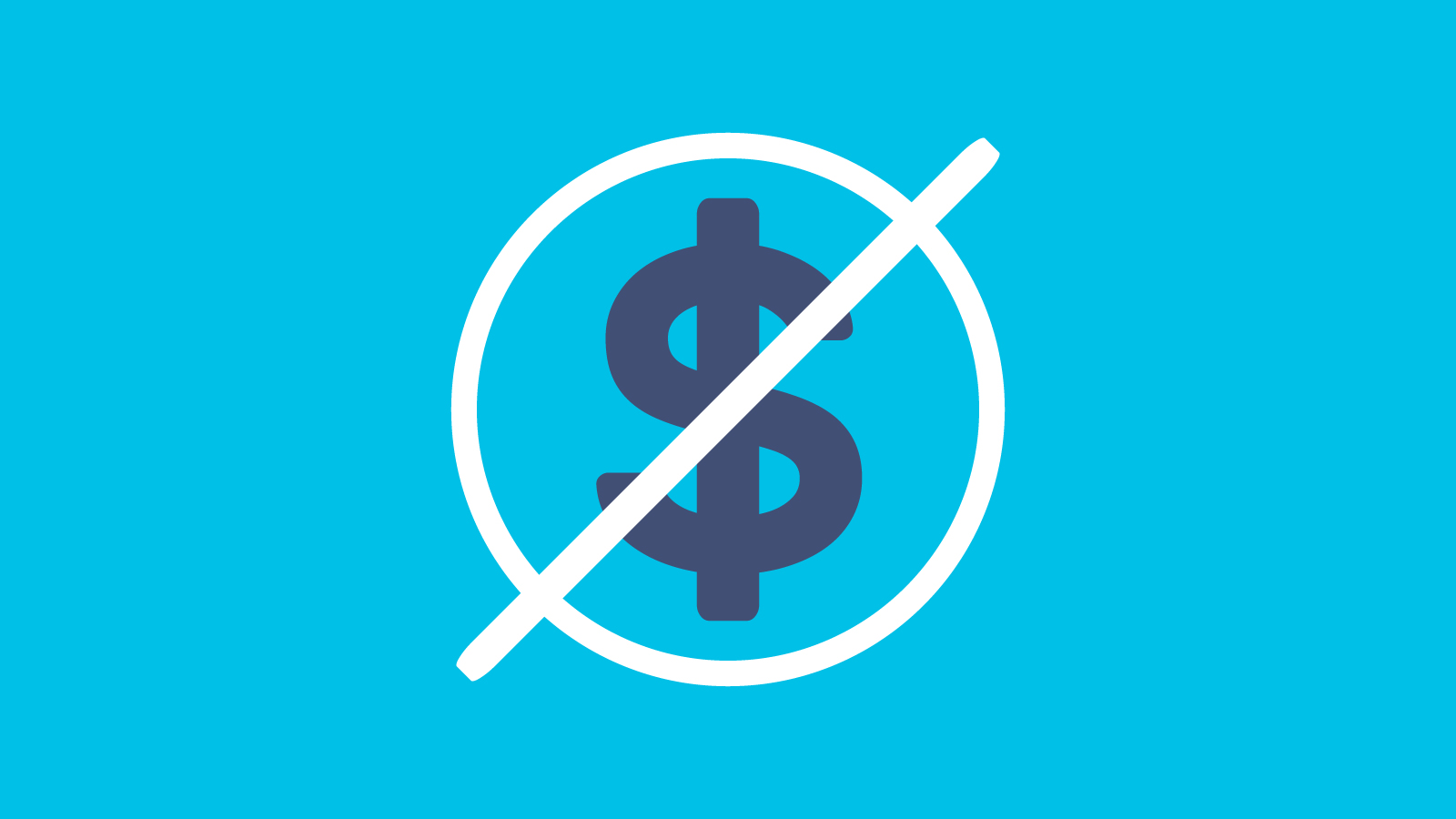Freebies and Opportunities for Science and STEM Teachers: June 17, 2025
By Debra Shapiro

Freebies for Science and STEM Teachers: Elementary and Middle Level
Asteroid Launcher Simulator
Play Asteroid Launcher to simulate the consequences of an asteroid strike anywhere in the world! Created by developer Neal Agarwal, and most appropriate for elementary and middle levels, the web-based simulation integrates Apple Maps, census data, and the research of geophysicist Gareth Collins and NASA engineer Clemens Rumpf to enable players to create detailed breakdowns of various asteroid strike scenarios. Based on different user input—such as asteroid size, speed, approach angle, and strike location—the simulator provides detailed data on crater size, the number of people that could be affected, as well as which areas are more likely to experience more damage. The simulation helps learners understand how scientific predictions can be used to determine the possible amount of damage different asteroids of varying sizes could create, as well as how they may impact the cities around them.
Freebies for Science and STEM Teachers: Middle Level
Examining Changes to the Environment Through Pictures and Data
Go on a photo hunt with middle level students to help learners develop understandings about how human actions and population can affect the environment over time. In this activity from the U.S. Census Bureau’s Statistics in School’s program, students examine a series of photographs comparing famous landmarks (Times Square, the Saltair Pavilion in Utah, Laguna Beach, and Niagara Falls) over time to identify human-generated changes such as the addition of bridges and roads and describe the impact of changes they see. Students also examine population and housing data from the Bureau to determine how population changes contribute to changes in the physical environment and describe the impact of these changes. The website includes an activity guide for teachers (with suggested answers from students and ideas to extend the activity) and a printable version for students.
Freebies for Science and STEM Teachers: High School
STEM Lyceums
Center for Excellence in Education’s (CEE) STEM Lyceums is a virtual club introducing underserved high school students to dynamic science, technology, engineering, and math (STEM) professions and career pathways. Available at no cost for students or schools, the monthly club hosts live webinars and periodic virtual discussions with STEM professionals from various fields. Students also gain access to online resources about the featured STEM careers. Each webinar is typically about an hour long. Students can register to participate in a live event or view the archived presentations online. Past webinars have addressed topics such as The Science Behind Sports; Science in Music; Pathways to Healthcare; Aerospace: A Lesson in Flight; Data Science and Cybersecurity; Biomedical Engineering; and STEM in Policy.
Opportunity for Grades K–College
Making Waves: Innovation and Creativity in Environmental Education
The Environmental Education Association of South Carolina (https://eeasc.org/) is holding its summer conference June 19–21 at the Francis Marion University Freshwater Ecology Complex in Florence, South Carolina. This annual event is attended by educators, environmental professionals, and community leaders committed to promoting environmental literacy and stewardship. Keynote speaker Josh Arrants is a nationally known and respected naturalist who has 25 years of experience working with endangered species, monitoring flora and fauna populations, and teaching natural history across the United States. Pre-conference workshops will be held with Adopt-a-Stream, ProjectWET, and Green Step Schools.
Opportunity for Middle Level and High School
American Rocketry Challenge (ARC) Challenge Grant Program
The National Museum of the U.S. Air Force is accepting applications for 2025–2026. Now in its second year, the Challenge Grant program offers $2,000 grants to help Title I schools, homeschool groups, 4-H clubs, and Scout troops launch their own student rocketry teams. These grants support startup costs such as supplies, equipment, and registration fees for the American Rocketry Challenge—the nation’s largest student rocketry competition.
Three $2,000 grants are available for the upcoming school year. Applications must be submitted by an adult advisor and are due by August 24. Priority will be given to applicants demonstrating financial need.
Opportunity for High School
Knowles Teacher Initiative 2026 Teaching Fellowship
The Knowles Teacher Initiative has opened applications for the 2026 Knowles Teaching Fellowship: a four-year program that supports early-career high school math and science teachers as they build teaching expertise and grow as leaders from the classroom. Knowles will select up to 40 new Fellows from across the country who demonstrate strong content knowledge in physics, chemistry, biology, or mathematics and a deep commitment to teaching high school, growing their teaching practice, and building leadership capacity.
The Knowles Fellowship connects teachers through three interconnected communities: their cohort, their regional network, and the national community of more than 600 teachers. Each offers unique support and perspective, helping Fellows grow as educators and leaders with the capacity to improve education alongside others.
Knowles Teaching Fellows receive comprehensive support, including the following:
• Annual stipends;
• grants for classroom materials, professional learning, National Board Certification, and teacher-led initiatives;
• mentoring and coaching from experienced educators; and
• lifelong membership in the Knowles Community.
There are four opportunities to apply before the final deadline on January 16, 2026.
Aerospace Astronomy Biology Careers Chemistry Earth & Space Science Environmental Science General Science Instructional Materials Mathematics News Physics Professional Learning Science and Engineering Practices STEM Teaching Strategies Informal Science Education Kindergarten Elementary Middle School High School


